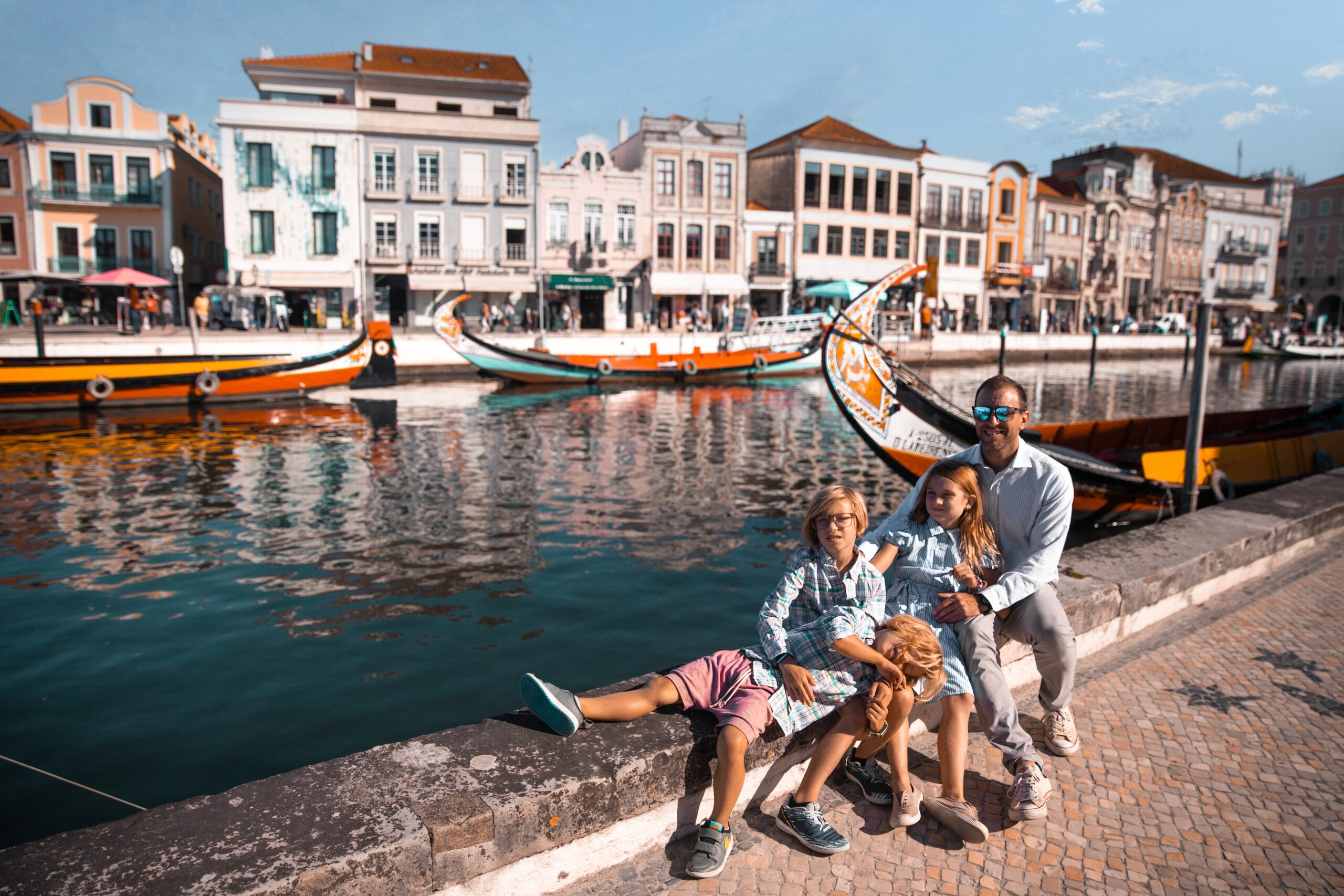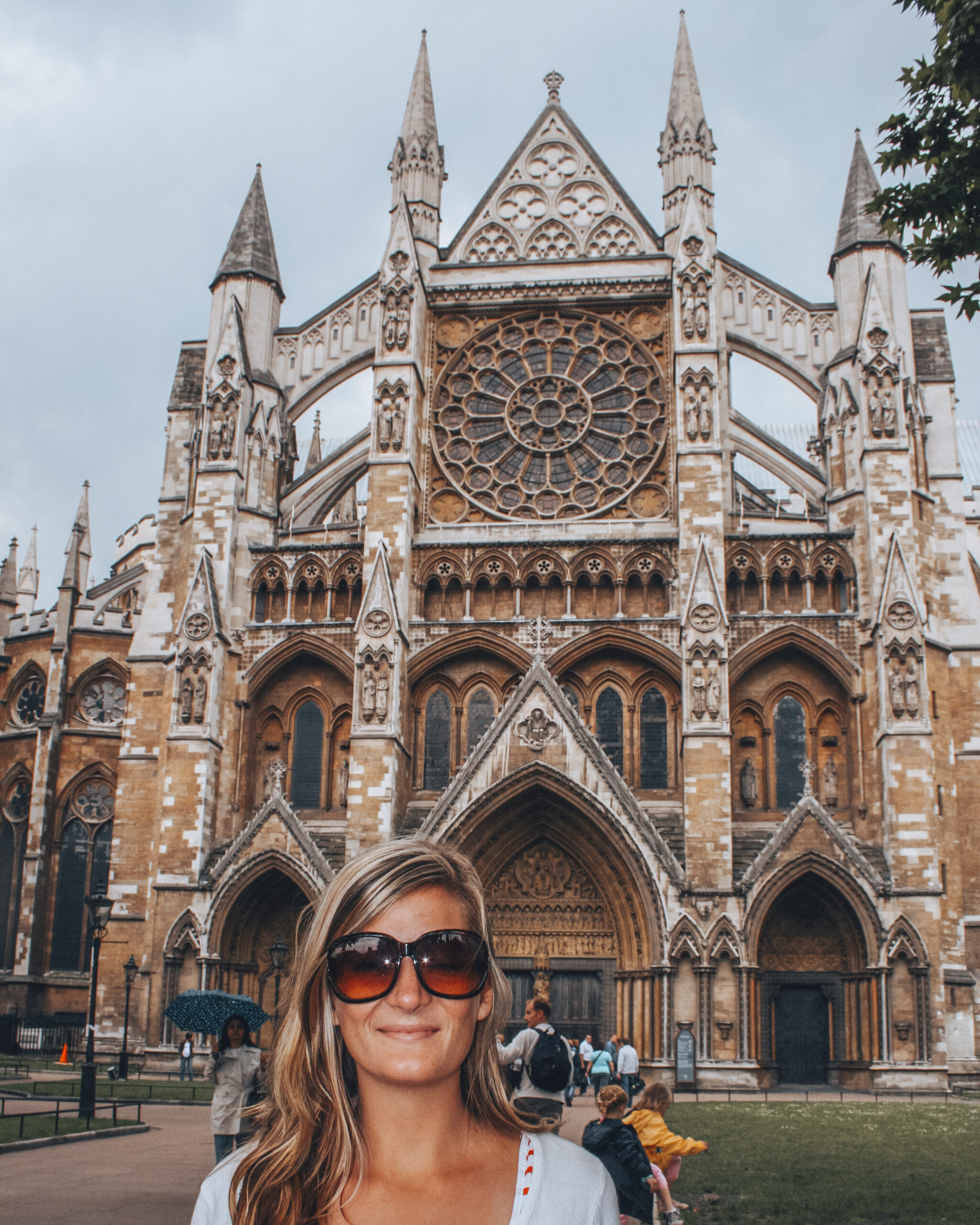Why Spain is a great place for kids
Choosing the city that's right for you
Choosing the visa that's right for you
More than just great weather
Why Spain provides a better quality of life

How we Plan

What we pack
Choosing Travel Insurance
Book Your Hotel
with Booking.com
Book Your Car
with RentalCars.com
Book Your Flight
with Skyscanner.com
Book Your Tour
with GetYourGuide.com

Our Camera Gear

How We Fly
Choosing Your Destination
Guide to...
England
England, where ancient castles, iconic landmarks, and vibrant cities like London and Oxford await exploration, offering travelers a captivating blend of history, culture, and quintessential British charm amidst rolling countryside and rugged coastlines.
Map
Weather
Itineraries

Coming Soon...
FAQ's
What are the main things to do with kids in England?
There are many fun activities to do with kids in England. Some of the main attractions and activities include:
1. Theme parks: Visit popular theme parks like Legoland Windsor, Alton Towers, Thorpe Park, and Blackpool Pleasure Beach.
2. Museums: Explore kid-friendly museums such as the Natural History Museum, the Science Museum in London, and the National Railway Museum in York.
3. Zoos and wildlife parks: Visit zoos like Chester Zoo, ZSL London Zoo, and wildlife parks like the West Midland Safari Park.
4. Castles and historical sites: Discover iconic castles such as Windsor Castle, Tower of London, Warwick Castle, and historical sites like Stonehenge.
5. Beaches and seaside towns: Enjoy the beaches and attractions in seaside towns like Brighton, Blackpool, and Bournemouth.
6. Outdoor activities: Go for walks in national parks, try adventure activities like zip-lining or kayaking, or visit treetop adventure parks like Go Ape.
7. Harry Potter attractions: Visit Harry Potter filming locations and attractions, such as the Warner Bros. Studio Tour London and the Harry Potter shops at King’s Cross Station.
8. Farms and animal experiences: Visit family-friendly farms, petting zoos, and animal encounter experiences.
9. Indoor play centers: Enjoy soft play areas, trampoline parks, and other indoor activities, especially on rainy days.
10. Festivals and events: Attend family-friendly festivals, carnivals, and events throughout the year, such as the Notting Hill Carnival, Edinburgh Fringe Festival, and Christmas markets.
What is England famous for?
England is famous for many things, including:
1. Monarchy: England is known for its royal family, with Queen Elizabeth II having been the longest-reigning monarch in British history until her passing in 2022.
2. Historical landmarks: England is home to iconic landmarks such as Stonehenge, Tower of London, Buckingham Palace, and Westminster Abbey.
3. Literature: Many famous authors hail from England, including William Shakespeare, Jane Austen, Charles Dickens, and J.K. Rowling.
4. Music: England has a rich musical history, with famous bands and artists like The Beatles, The Rolling Stones, Elton John, and Adele.
5. Football (soccer): England is the birthplace of modern football and is home to many famous clubs like Manchester United, Liverpool, and Arsenal.
6. Tea culture: England is known for its love of tea and the tradition of afternoon tea.
7. Pubs: Traditional English pubs are famous for their unique atmosphere and beer selections.
8. Universities: England is home to some of the world’s most prestigious universities, including Oxford and Cambridge.
9. London: The capital city is a global hub for finance, fashion, and culture, known for attractions like Big Ben, the London Eye, and Tower Bridge.
10. The English language: English, which originated in England, is now one of the most widely spoken languages in the world.
11. TV shows: Popular British TV shows like Downton Abbey, Sherlock, and The Crown have gained international acclaim.
12. Cuisine: England is famous for dishes like fish and chips, roast dinners, and full English breakfasts.
What power plug type does England use?
England, along with the rest of the United Kingdom (UK), uses Type G power plugs and sockets.
Key features of the Type G plug:
1. Three rectangular pins arranged in a triangular pattern
2. Top pin is an earth pin and is slightly longer than the two bottom pins
3. Plug has a fuse inside for added protection
4. Plug is typically bulky and heavy compared to other plug types
The electrical system in England operates on 220-240 volts AC at 50 Hz, which is higher than the voltage used in some other countries, such as the United States (110-120 volts AC at 60 Hz).
Visitors from countries that use different plug types, such as the common Type A (two flat parallel pins) or Type C (two round pins) plugs, will need a travel adapter to use their electrical devices in England. It’s important to note that some devices may also require a voltage converter if they are not designed to handle the higher voltage used in the UK.
Is England safe?
Yes, England is generally considered a safe country for both residents and tourists. However, like any other country, it is not entirely free from crime, and it’s always a good idea to take basic precautions to ensure your safety.
Some points to consider:
1. Crime rates: England has relatively low crime rates compared to many other countries. Violent crimes are rare, but petty crimes like pickpocketing can occur in busy tourist areas.
2. Terrorism: The UK has experienced terrorist incidents in the past, but the government has taken significant measures to counter terrorism and maintain public safety.
3. Road safety: England has well-maintained roads and a good public transportation system. However, it’s important to note that vehicles drive on the left side of the road, which may take some adjustment for visitors from countries where driving on the right is the norm.
4. Healthcare: England has a robust healthcare system, with the National Health Service (NHS) providing free emergency care to all, including visitors.
5. Emergency services: Police, fire, and ambulance services are well-equipped and responsive. The emergency telephone number is 999.
As with traveling to any new place, it’s advisable to stay aware of your surroundings, keep valuable items secure, and follow local safety guidelines. Overall, England is a safe destination for tourists and expats, with a strong infrastructure and effective emergency services in place.
What do I need to know when traveling to England?
When traveling to England, there are several important things to keep in mind:
1. Visa requirements: Depending on your nationality and the purpose of your visit, you may need a visa to enter England. Check the UK government’s website for up-to-date information on visa requirements.
2. Currency: England uses the pound sterling (£). Exchange some money before your trip or use ATMs upon arrival.
3. Transportation: England has an extensive public transportation system, including trains, buses, and the London Underground. Consider purchasing an Oyster card for convenient travel within London.
4. Driving: If you plan to drive, remember that traffic drives on the left side of the road. You may need an international driving permit along with your valid driver’s license.
5. Weather: England has a temperate climate with frequent rainfall. Pack appropriate clothing, including layers and rain gear.
6. Accommodations: England offers a range of accommodations, from hotels and hostels to vacation rentals. Book in advance, especially during peak travel seasons.
7. Language: English is the primary language, but you may encounter various regional accents and dialects.
8. Electrical appliances: England uses Type G plugs with three rectangular pins. Bring an adapter if your devices have different plugs.
9. Healthcare: Familiarize yourself with the healthcare system and consider purchasing travel insurance to cover medical emergencies.
10. Etiquette: The English value politeness, punctuality, and queueing (waiting in line). Be mindful of local customs and social norms.
11. Attractions: Research and plan your itinerary in advance, taking into account the locations and opening hours of attractions you wish to visit. Some popular sites may require booking tickets ahead of time.
12. Travel documents: Ensure your passport is valid for at least six months beyond your planned stay and keep important travel documents, including insurance papers, easily accessible.
How do you plan your trip to England?
Planning a trip to England involves several key steps:
1. Determine your travel dates and itinerary:
– Decide when you want to go and for how long.
– Identify the main cities, regions, or attractions you want to visit.
– Create a rough itinerary based on your interests and the time available.
2. Check visa requirements:
– Research visa requirements based on your nationality and the purpose of your visit.
– Apply for a visa well in advance if needed.
3. Book flights and accommodations:
– Look for flights to your desired airport, such as London Heathrow or Manchester.
– Compare prices and book your flights.
– Research and book accommodations in each location, considering factors like budget, location, and amenities.
4. Plan transportation:
– Decide how you’ll travel between cities (train, bus, car rental, or domestic flights).
– If using public transport, research options and consider purchasing tickets in advance for better deals.
– If renting a car, ensure you have a valid driver’s license and are comfortable driving on the left side of the road.
5. Research attractions and activities:
– Make a list of must-see attractions and activities in each location.
– Check opening times, ticket prices, and booking requirements.
– Consider purchasing tickets in advance for popular attractions to avoid disappointment or long queues.
6. Manage practical matters:
– Arrange travel insurance to cover medical emergencies, trip cancellations, or lost luggage.
– Inform your bank and credit card company about your travel plans to avoid any issues with transactions abroad.
– Check your mobile phone plan for international roaming options or consider purchasing a local SIM card upon arrival.
7. Pack appropriately:
– Check the weather forecast for your travel dates and pack suitable clothing.
– Make a packing list, including any necessary medications, adapters, and travel documents.
8. Familiarize yourself with local customs and etiquette:
– Research local customs, social norms, and basic phrases to ensure a smooth and respectful visit.
Remember to keep your plans flexible, as you may discover new interests or opportunities during your trip. Don’t overcrowd your itinerary, and allow time for relaxation and spontaneous exploration.
What to expect when visiting England?
When visiting England, you can expect a rich blend of history, culture, and modern attractions. Here are some key things to anticipate:
1. Historical sites: England is steeped in history, with numerous castles, cathedrals, and landmarks to explore, such as the Tower of London, Westminster Abbey, and Stonehenge.
2. Diverse landscapes: From the rolling hills of the Cotswolds to the rugged coastlines of Cornwall, England offers a variety of scenic landscapes to discover.
3. Unpredictable weather: England is known for its changeable weather, so be prepared for rain, cool temperatures, and occasional sunny spells, even in summer.
4. Bustling cities: Cities like London, Manchester, and Birmingham offer a vibrant mix of museums, galleries, shopping, dining, and nightlife.
5. Efficient public transportation: England has an extensive and generally reliable public transportation network, including trains, buses, and the London Underground.
6. Pub culture: Traditional English pubs are a cornerstone of social life, offering a warm atmosphere, hearty food, and a wide selection of beers and ales.
7. Multicultural cuisine: While traditional English dishes like fish and chips and roast dinners are popular, England also embraces a diverse culinary scene with influences from around the world.
8. Polite and reserved culture: The English are generally known for their polite and somewhat reserved nature. Queuing, saying “please” and “thank you,” and respecting personal space are important social norms.
9. Royal heritage: England’s royal heritage is evident in its many palaces, ceremonies, and traditions, such as the Changing of the Guard at Buckingham Palace.
10. Unique traditions and events: From afternoon tea to major events like the Wimbledon tennis tournament and the Notting Hill Carnival, England has many unique traditions and celebrations to experience.
Keep an open mind, embrace the local customs, and be prepared for a mix of historic charm and modern innovation when visiting England.
What tours are available in England?
England offers a wide variety of tours catering to different interests, durations, and budgets. Some popular types of tours include:
1. City tours: Guided tours of major cities like London, Manchester, Liverpool, and York, often including visits to key attractions, historical sites, and cultural hotspots.
2. Historical and heritage tours: Tours focused on England’s rich history, including visits to castles, palaces, cathedrals, and museums, such as Windsor Castle, Stonehenge, and Bath.
3. Countryside and garden tours: Tours exploring the picturesque English countryside, including the Cotswolds, Lake District, and famous gardens like Kew Gardens and Sissinghurst Castle Garden.
4. Cultural and literary tours: Tours that delve into England’s cultural and literary heritage, such as Shakespeare’s Stratford-upon-Avon, Jane Austen’s Bath, and The Beatles’ Liverpool.
5. Food and drink tours: Culinary tours that showcase England’s diverse food scene, from traditional pubs to Michelin-starred restaurants, as well as tours focused on afternoon tea, gin distilleries, or wine regions.
6. Football (soccer) tours: Tours that take you behind the scenes of famous football clubs like Manchester United, Chelsea, and Arsenal, often including visits to stadiums and museums.
7. Movie and TV location tours: Tours that visit filming locations from popular movies and TV shows, such as the Harry Potter series, Downton Abbey, and Sherlock.
8. Walking and cycling tours: Active tours that explore cities, villages, or rural landscapes on foot or by bike, often with a focus on history, architecture, or nature.
9. Multi-day tours: Extended tours that cover multiple destinations and attractions over several days, often including transportation and accommodations.
10. Specialty tours: Tours tailored to specific interests, such as photography, archeology, wildlife, or ghost tours.
These tours can be group or private, and many can be customized based on your preferences. It’s essential to research and book tours through reputable companies or organizations to ensure a safe and enjoyable experience.

